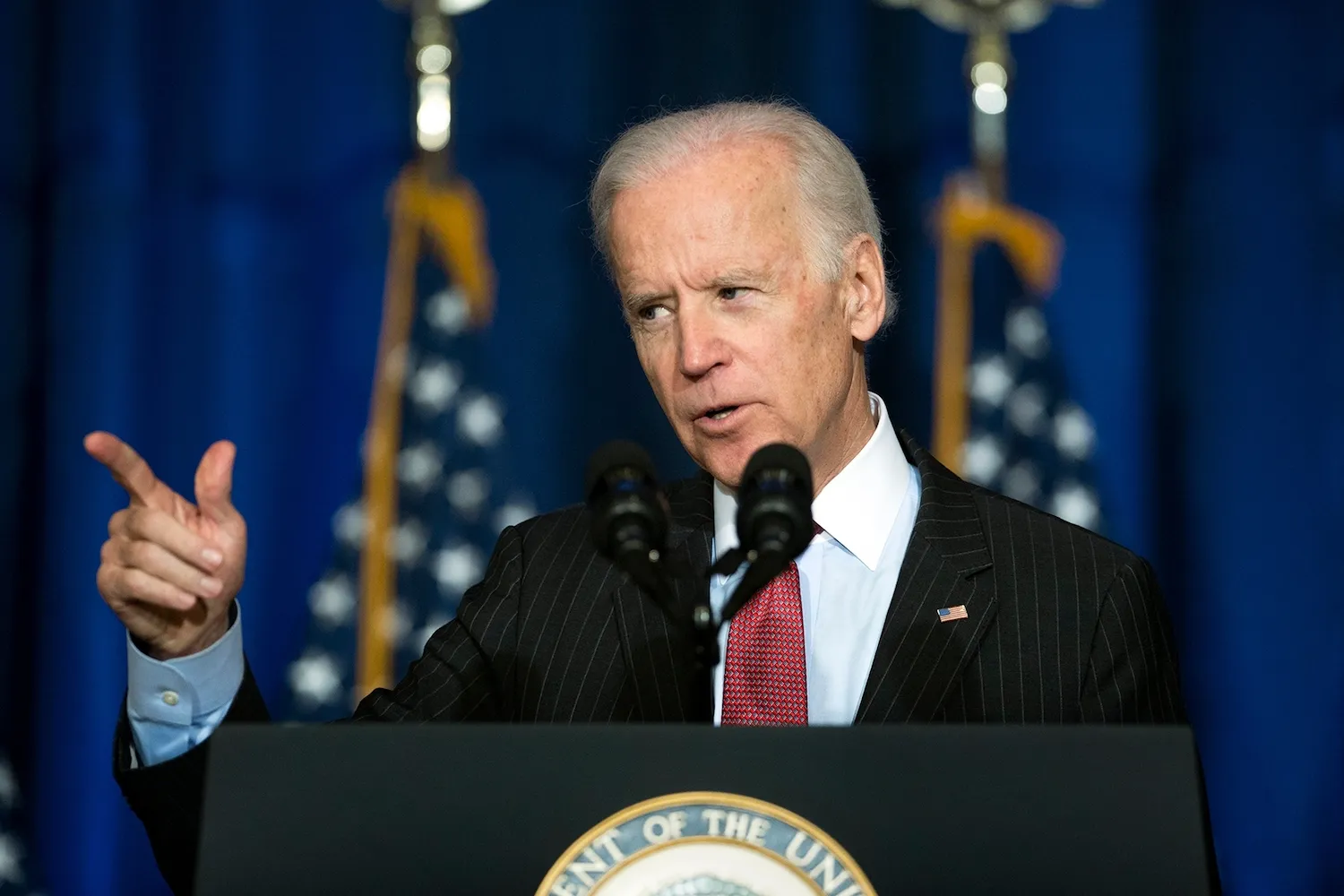Biden’s Bold Move: 37 Death Row Sentences Commuted in Historic Clemency Action
In a landmark decision that has sent ripples through the American justice system, President Joe Biden has taken an unprecedented step by commuting the sentences of 37 inmates on federal death row. This historic clemency action transforms their capital punishment sentences to life imprisonment without the possibility of parole, marking a significant moment in criminal justice reform.
The White House announcement comes as a powerful statement about the administration’s approach to capital punishment. Biden’s decision spares the lives of individuals convicted of serious crimes, including killings of police and military officers, murders on federal land, and those involved in deadly bank robberies and drug-related homicides.
A Comprehensive Approach to Justice
The commutations align with the Biden administration’s existing moratorium on federal executions, with notable exceptions for cases of terrorism and hate-motivated mass murder. This nuanced approach reflects a careful consideration of individual cases and broader justice system reforms.
Key Highlights of the Clemency Action:
- 37 inmates have had their death sentences commuted
- Sentences converted to life imprisonment without parole
- Consistent with the administration’s execution moratorium
- Addresses racial disparities in capital punishment
Notably, three federal inmates remain unaffected by this clemency action:
– Dylann Roof (2015 Charleston church shooting)
– Dzhokhar Tsarnaev (2013 Boston Marathon bombing)
– Robert Bowers (2018 Pittsburgh synagogue shooting)
Deeper Implications and Motivations
President Biden’s decision is deeply rooted in his long-standing commitment to criminal justice reform. The move is particularly significant given that 38% of federal death row inmates are Black, compared to just 14% of the total American population – highlighting the racial disparities within the capital punishment system.
“This action represents our commitment to a more just and equitable justice system,” a White House spokesperson stated.
The clemency action has garnered widespread support from advocacy groups and notable figures, including Martin Luther King III, who had publicly urged the President to reconsider death sentences.
A Reflection of Personal Convictions
Biden’s decision also appears to be influenced by his Catholic faith. The Pope’s recent call for prayers for U.S. death row inmates seems to have resonated with the President’s personal beliefs about the sanctity of human life.
Historical Context and Broader Impact
This is not an isolated action. Earlier this month, Biden announced clemency for approximately 1,500 Americans – the most ever in a single day. These actions demonstrate a consistent approach to reviewing and potentially reforming punitive justice practices.
The Timing and Political Landscape
The commutations come at a critical moment, just weeks before a potential transition of power. It represents a stark contrast to previous administration policies and signals a significant shift in approach to capital punishment.
Conclusion
President Biden’s decision to commute 37 death row sentences is more than a legal maneuver – it’s a profound statement about justice, rehabilitation, and the potential for human redemption. While controversial, the action underscores a commitment to a more nuanced and compassionate approach to criminal justice.
Key Takeaways:
– 37 death row sentences commuted to life imprisonment
– Addresses racial disparities in capital punishment
– Consistent with Biden’s criminal justice reform agenda
– Reflects broader discussions about the death penalty in the United States
Disclaimer: This article is based on official White House statements and news reports current as of the publication date.






Leave a Comment